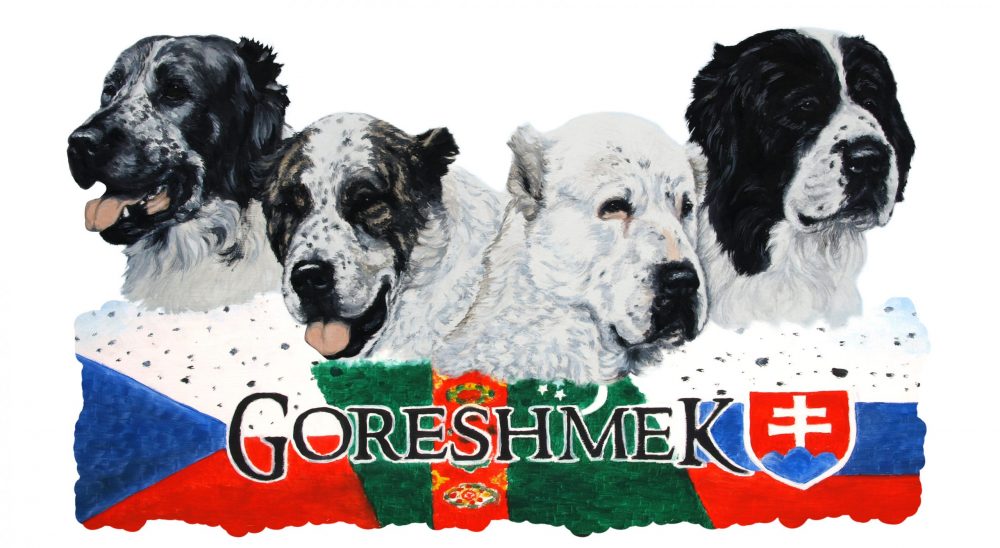Lawrence Lessig’s latest, and reportedly last, Creative Commons related book, Remix: Making Art and Commerce Thrive in a Hybrid Economy, has been released and it looks very impressive! Here’s the blurb :
For more than a e of the 20th Century’s model of “copyright law.” In this, the last of his books about copyright, Lawrence Lessig maps both a way back to the 19th century, and to the promise of the 21st. Our past teaches us about the value in “remix.” We need to relearn the lesson. The present teaches us about the potential in a new “hybrid economy” – one where commercial entities leverage value from sharing economies. That future will benefit both commerce and community. If the lawyers could get out of the way, it could be a future we could celebrate.
As the founder and leading light of the Creative Commons movement, Lessig is ideally situate to comment on these matters. Indeed, as I wait for my copy to arrive in the mail, my only disappointment is that the book didn’t come out a few months earlier – my honours students are currently completing their own remix projects and this would have been the perfect companion text (you can see the chapter breakdown to get an idea of the content). As with all of Lessig’s books, a freely redistributable version will be released shortly, this time under the Bloomsbury Academic imprint, a new line of academic books which will release all of their titles under CC or similar licenses allowing free redistribution (if you’re interested, you can read an interview with Bloomsbury Academic’s publisher Frances Pinter about this new line).
As well as the book, you’ll definitely want to watch out for Brett Gaylor’s new documentary RiP: A Remix Manifesto which takes a look a remix culture via interviews with the usual suspects (Lessig, Doctorow), but with mashup and remix artist Girl Talk as the focal story. Here’s the trailer:
Support the Creative Commons – 2008 Fundraising & Awareness Campaign
Regular readers of this blog will know I’m a huge fan of the Creative Commons, both in terms of their licenses – which allow artists and other creators to explicitly and legally state which rights they wish to share, and which they wish to retain, rather than having to rely on the https://kissbrides.com/fi/espanjalaiset-naiset/ old default of either no rights (the public domain) or all rights reserved (traditional copyright licensing) – and in terms of their philosophy of a global commons which stimulates creativity, culture and connectivity. Celý příspěvek
